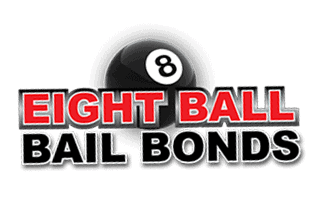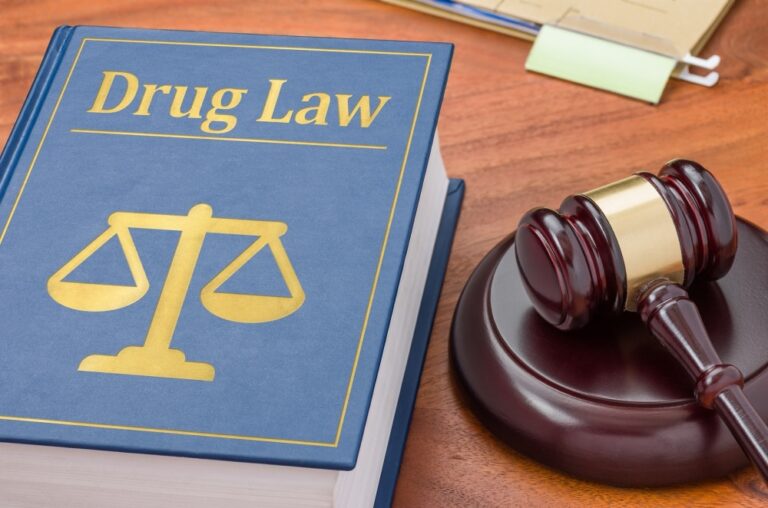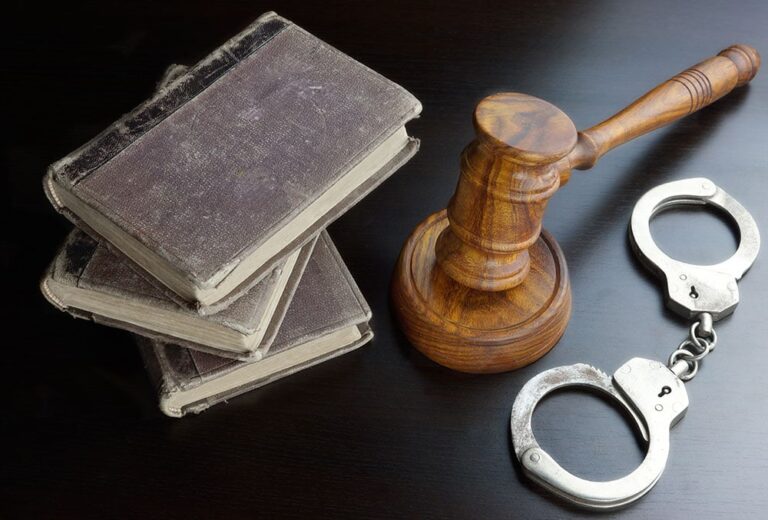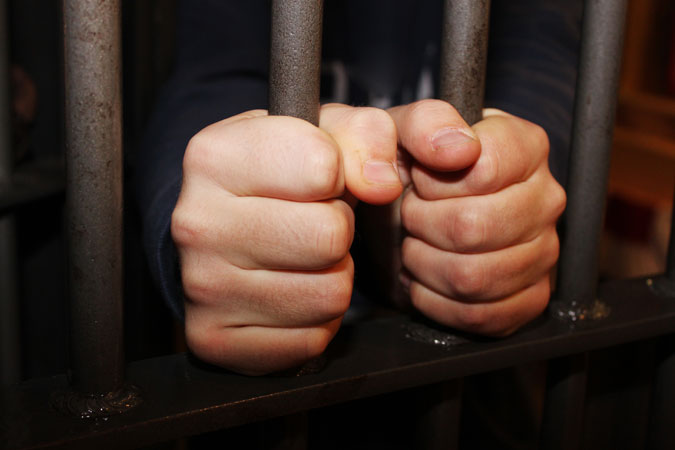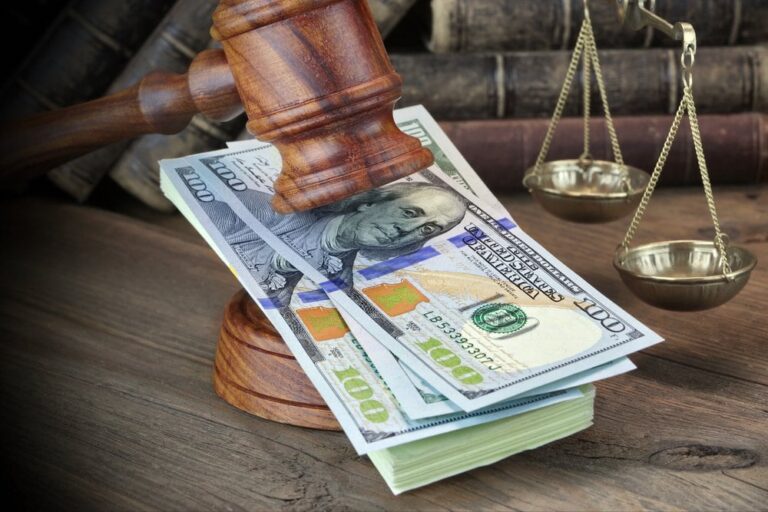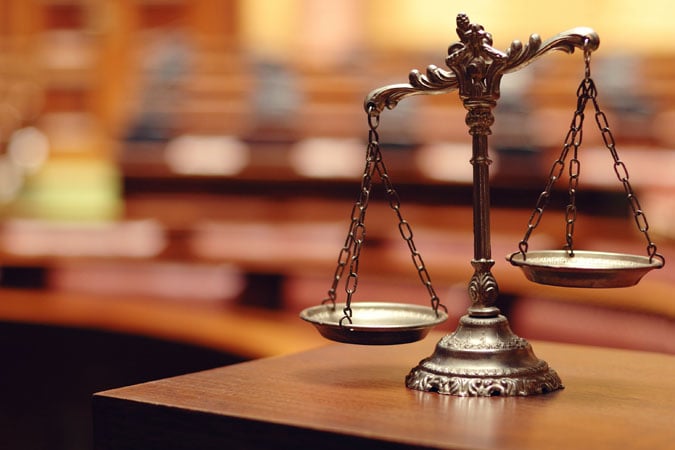Arrested for Probation Violation: What to Expect
When people commit a crime, they are sometimes punished with probation as part of their sentence. Many of them gladly undergo it since it’s a much better alternative to going to prison. The option of probation is definitely a blessing, but it only lasts as long as good behavior does. If you’re under probation, you need to constantly keep in mind to closely follow the rules to avoid being arrested for probation violation.
Obviously, a broken rule equates to a violation. There are several factors that dictate the consequences of a violation. Some of these are the severity of the violation and the existence and number of prior violations; ditto for prior warnings, and the nature of the violation. If you get arrested for probation violation, your penalty may be anything from fines to an extension of your probation, to jail time.
A probation officer handles the case of a person sentenced with this particular punishment. Your probation officer will keep close tabs on your activities for the duration of your probation. He will regularly check to make sure that you’re not breaking any of the rules. You will also need to report to him on set days. Failing to appear at these scheduled appointments in itself constitutes a violation.
The nature of possible violations varies from case to case. Take, for instance, a person accused of domestic violence; he would be prohibited from seeing his family during his probation. If he met with a family member, he might be arrested for probation violation. Another example is a person convicted of DUI; he would be ordered to stay away from alcohol. Even a sip of a spiked beverage might be considered a violation.
Other common probation violations include neglecting to appear in court when it was scheduled, not showing up for an appointment with your officer, failing to pay fines, traveling without getting permission from your officer, being caught with contraband, etc.
When it comes to being caught on a violation, it is upon the discretion of your probation officer whether or not to issue an official warning. There will be considerations, of course, in properly dealing with the violation, such as the nature of the offense. The existence of prior warnings will have a lot of influence on how the violation in question will be addressed.
It is up to the judge to determine the genuineness of the violation charges. Evidence that the violation transpired will have to be examined and the burden of proof will be on the prosecutor. On the other hand, your lawyer will have to show evidence disproving the violation and help you avoid further charges.
At the end of the day, the best way to stay out of trouble is to follow the rules of your probation to the letter.
